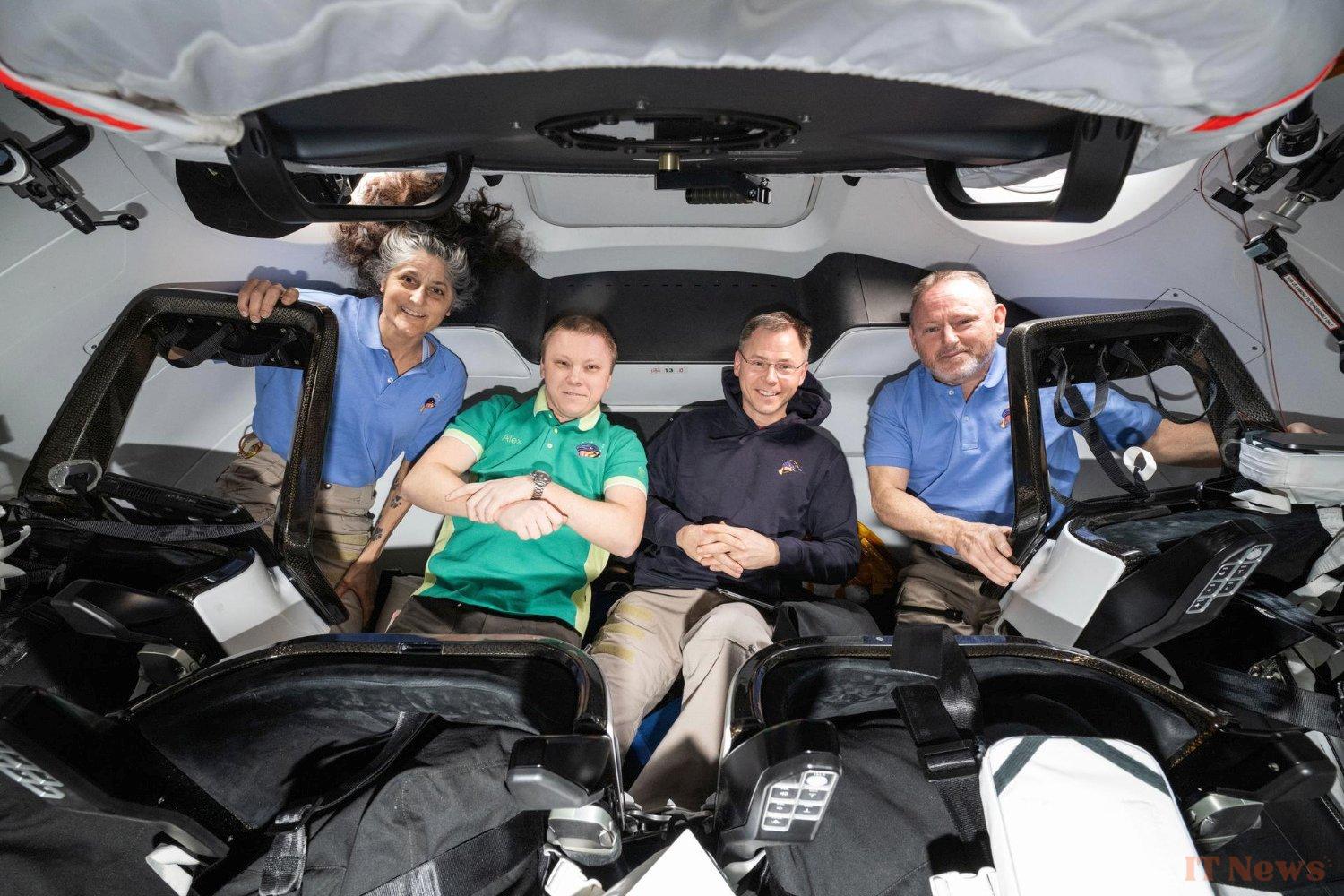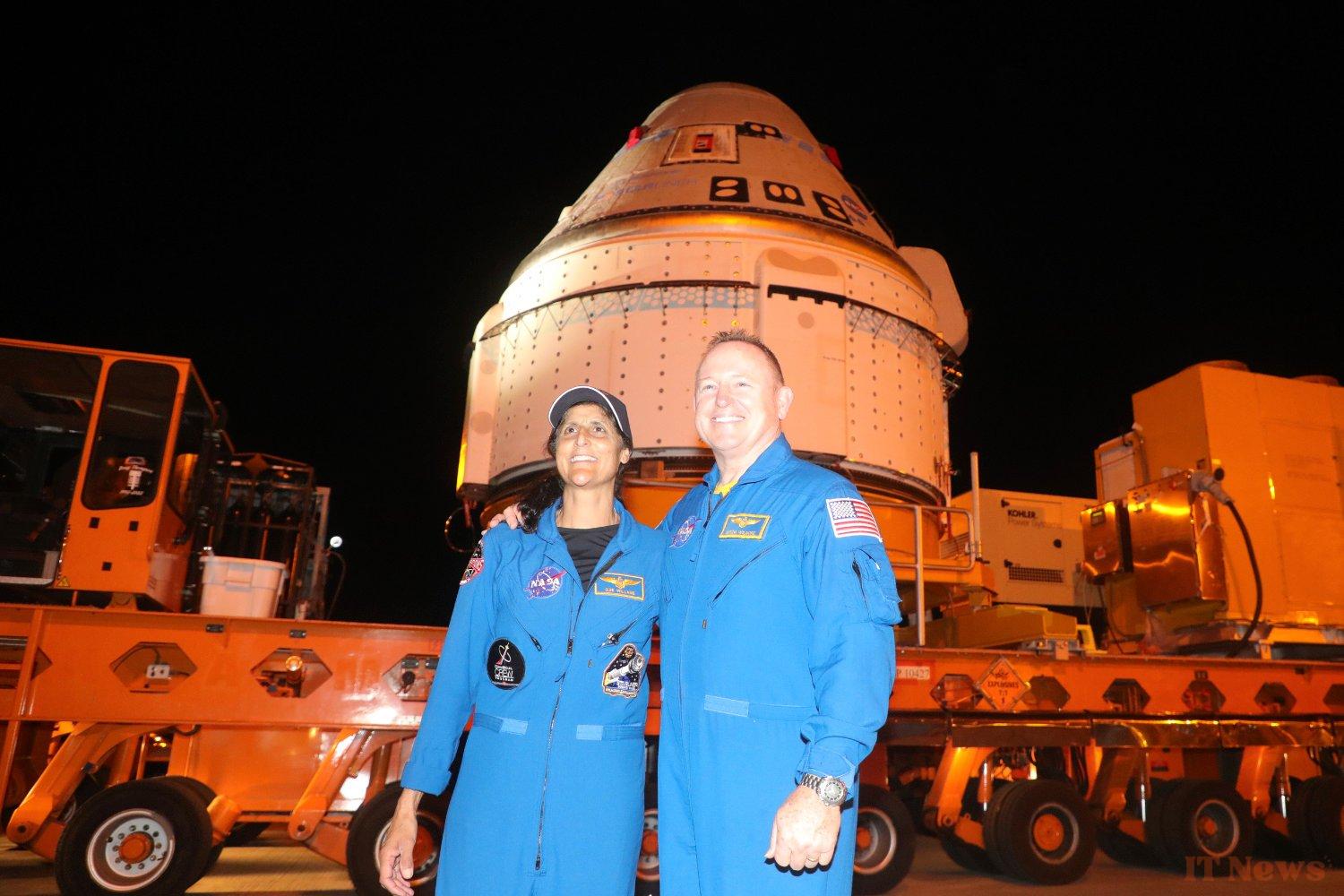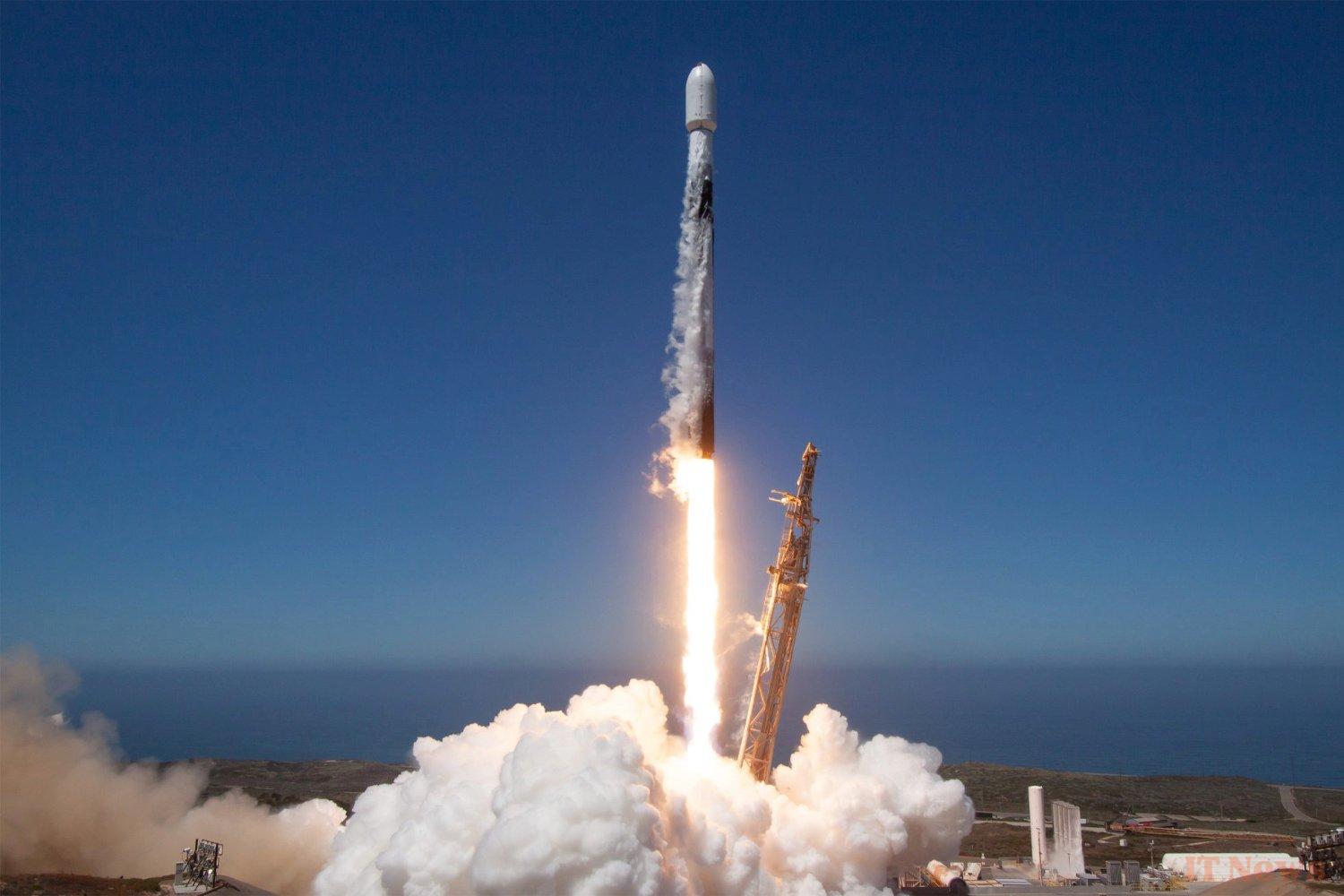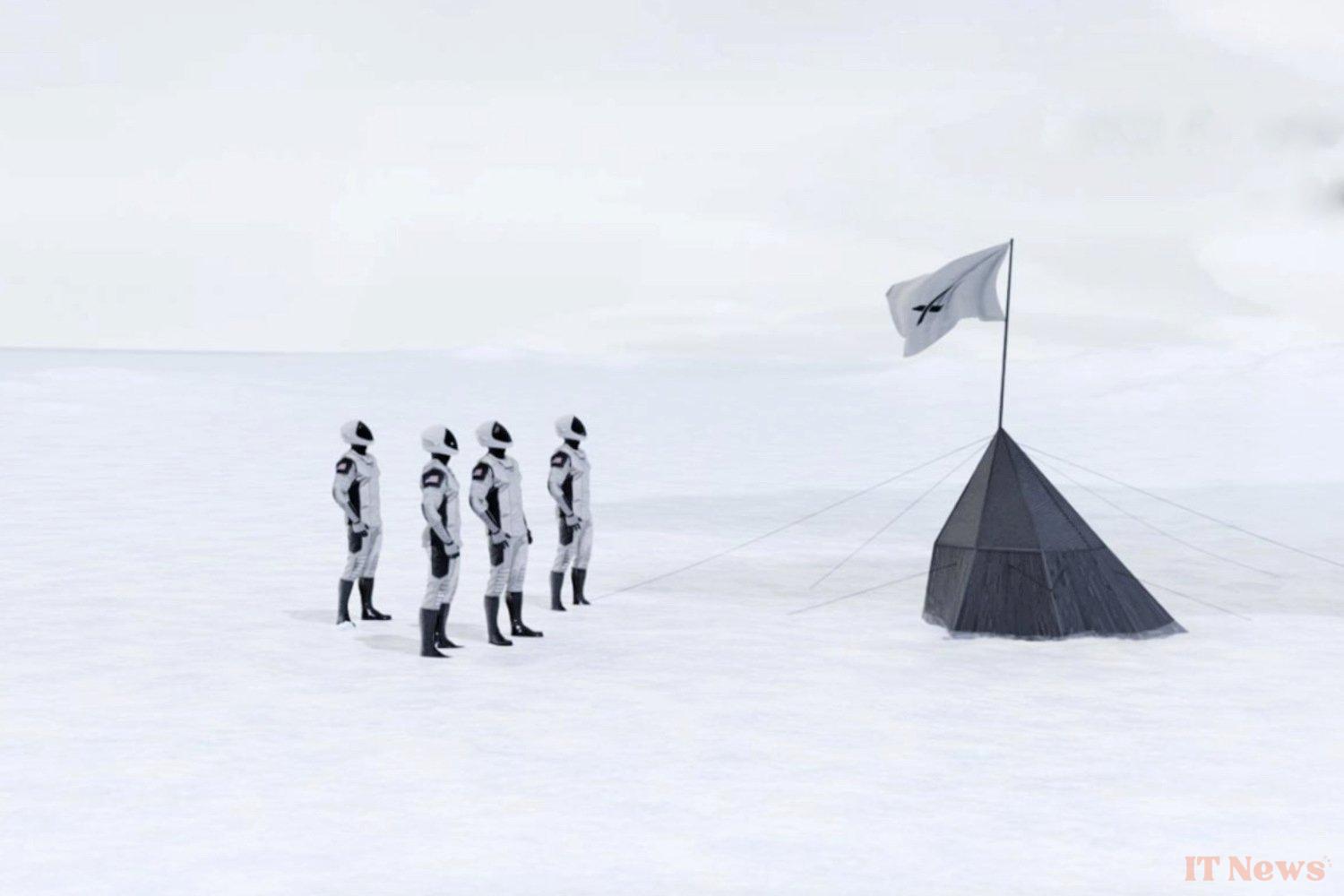It was an adventure that lasted a total of 277 days, and which, let's be clear from the outset, posed no problems for the two astronauts involved. For nearly a year, Butch Wilmore and Suni Williams orbited the International Space Station (ISS), awaiting a replacement capsule.
The two companions took off on June 5th aboard Starliner, a new spacecraft competing with Crew Dragon and developed by Boeing. Unfortunately, it encountered numerous malfunctions. By endangering the lives of the two astronauts during the outbound flight, the question arose as to whether to risk a manned return flight.
After spending the summer wondering whether Boeing's capsule would be safe enough to send the astronauts back to Earth, NASA decided on August 24th to return empty. As early as September, SpaceX's Crew-9 capsule took off with only two astronauts on board out of the four available seats.
Everything was under control, and Butch Wilmore and Suni Williams saw their mission evolve so that they became true members of the ISS crew, with the various missions that could be asked of them. In short, they were never left waiting, "stuck," twiddling their thumbs. In February, the two even performed a spacewalk.
The reasons for the extended wait, and Elon Musk's lie
Once arrived, the Crew-9 capsule still had to wait for its two astronauts on board to complete their entire mission with Crew 72, before being replaced. The return was then scheduled for February 2025.
Unfortunately, to renew the crew aboard the ISS, SpaceX had to send Crew-10 with a capsule whose preparation was behind schedule. The company, headed by Elon Musk, then delayed the return of Butch Wilmore and Suni Williams until the end of March.
Meanwhile, Donald Trump won the White House. On a completely impromptu request, he ordered on his social network that astronauts Butch Wilmore and Suni Williams be allowed to return to Earth as quickly as possible via a SpaceX capsule.
On the fly, the head of the American company highlighted the statements of the new American president, judging that the astronauts' extended stay was unacceptable and the result of the incompetence of the former president, Joe Biden.
A huge lie, while Butch Wilmore and Suni Williams confirmed in an interview that from their point of view "politics had played no role". Let us also remember that the initial incident stemmed from development issues with Boeing's capsule, and that NASA preferred to trust SpaceX rather than its competitor for a safe return.
As for the waiting period between September 2024 and March 2025, the explanation lies only in the non-urgency of the return of the two astronauts, and their involvement in NASA missions to replace two other astronauts who should have boarded Crew-9.
To speed up the return by 10 days, Elon Musk disrupts SpaceX's plans
In the end, did Elon Musk succeed in meeting Donald Trump's request and speeding up the return of Butch Wilmore and Suni Williams? The answer is yes, but only by a few days. Instead of a return on March 25, SpaceX was able to arrange for Crew-10 to launch on March 12 and for Crew-9 to return on March 18.
Only a week early, but a real upheaval at SpaceX. Indeed, the capsule that was supposed to be used for Crew-10 was still not ready, and Elon Musk chose to use the one planned for a future mission, dedicated to space tourism.
The spacecraft was scheduled to launch on a mission called Fram2, carrying an entrepreneur named Chin Wang, a filmmaker, a guide, and a robotics researcher. A special feature of the mission is a polar trajectory, a first in history.
On average, stays of 6 months aboard the ISS
Despite a total of nine months in orbit, Butch Wilmore and Suni Williams did not break the record for time spent in space. Missions focusing on the study of prolonged exposure to microgravity led astronauts Mark Vande Hei and Scott Kelly to stay in space for 340 to 355 days.
On average, crews sent by the American space agency remain in orbit for six months, before being replaced by a new crew. This is a way to limit their loss of bone and muscle mass due to microgravity, as well as changes in the cardiovascular system.
On the Russian agency Roscosmos, some astronauts have done much more. This is the case of Oleg Kononenko, who stayed 374 days, after a fifth mission in orbit which allowed him to accumulate a total of 1,111 days in space. But within the old Mir station, the record is still held by Valery Polyakov with 438 days without a break, from 1994 to 1995.
The most memorable thing about Butch Wilmore and Suni Williams' experience is the improbable extension of their stay – a plan that many space enthusiasts would consider a dream. Originally, the two were supposed to stay for only eight days, to complete their demonstration mission for Boeing.
On January 8, 2025, during a broadcast call with NASA, Butch Wilmore laughed: "Don't panic, we're being well fed.". Suni Williams added: "It's a joy to be here. […] When we go home, we'll have many stories to tell."






0 Comments